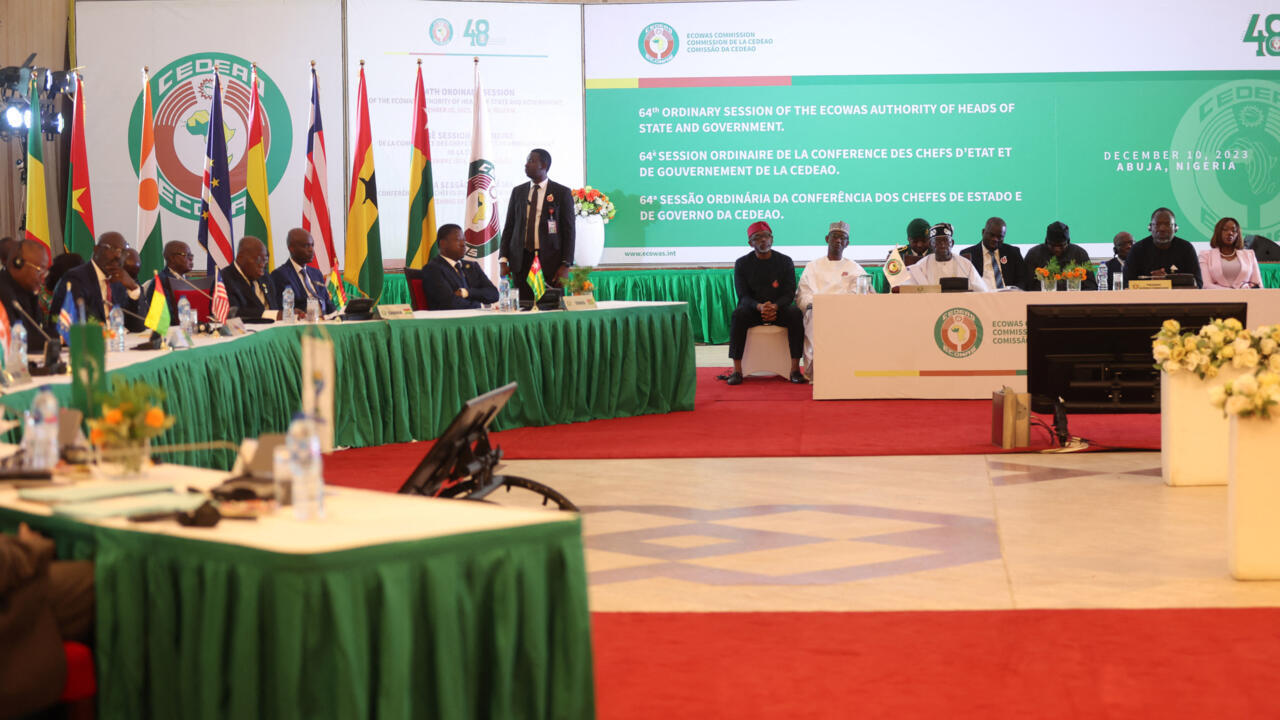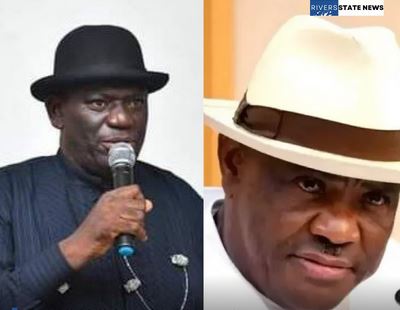
Mali, Burkina Faso, and Niger have introduced a 0.5% levy on imported goods from the Economic Community of West African States (ECOWAS) member nations, including Nigeria.This measure, which takes effect immediately, is intended to generate revenue for their newly formed three-state union following their withdrawal from ECOWAS.
The three nations, all led by military juntas that took power through recent coups, established the Alliance of Sahel States (AES) in 2023 as a security coalition.Over time, the alliance has evolved into an ambitious economic union aiming for greater military and economic integration, including the planned introduction of biometric passports.According to an official statement, the newly imposed levy will apply to all imported goods except humanitarian aid.

The revenue generated is expected to fund activities of the alliance, though further details on the allocation of funds remain undisclosed.This levy effectively ends decades of free trade between these three countries and the broader ECOWAS bloc, signaling a deepening divide between the Alliance of Sahel States and regional powerhouses like Nigeria and Ghana.READ ALSO: ECOWAS initiates plan to mitigate consequences of Burkina Faso, Mali, Niger withdrawalThe move is expected to have significant economic ramifications, particularly for Nigeria, which has historically maintained strong trade relations with Niger.
In 2022, Niger imported $290 million worth of goods from Nigeria, making it one of its top five trading partners, according to data from the World Integrated Trade Solution (WITS).Conversely, Niger’s exports to Nigeria amounted to $68 million in the same year. However, by 2023, Nigeria’s exports to Niger declined to $209 million, with petroleum gas ($44.
6 million), electricity ($41.5 million), and cement ($32.8 million) being the key traded goods, according to data from the Observatory of Economic Complexity (OEC).
The introduction of the levy highlights the ongoing geopolitical shift in West Africa. The departure of Mali, Burkina Faso, and Niger from ECOWAS in 2024 was driven by claims that the bloc had failed to adequately support them in tackling Islamist insurgencies and broader security challenges.The juntas in these nations have remained defiant despite ECOWAS-imposed economic sanctions meant to pressure them into restoring civilian rule.
Instead, the three governments have intensified their efforts to establish independent political and economic structures.These nations remain among the world’s poorest, grappling with persistent violence from Islamist insurgencies linked to al-Qaeda and the Islamic State.Over the past decade, extremist attacks have claimed thousands of lives, displaced millions, and eroded confidence in democratic governance, which previously struggled to curb the unrest.
Observers warn that this new tariff could significantly reshape trade across West Africa. Businesses operating within the region may need to reassess their strategies as political and economic alliances shift.The levy is also likely to strain relations between the AES and ECOWAS countries, particularly Nigeria, whose economy is closely linked to its neighbors through trade and energy supply.
Furthermore, the move raises concerns about the future of ECOWAS itself, as internal divisions threaten its ability to function as a unified regional bloc. If more nations follow suit, the credibility and influence of ECOWAS could be further undermined.As the Alliance of Sahel States forges ahead with its independent economic and political agenda, it remains to be seen how it will navigate the financial and security challenges that originally prompted its departure from ECOWAS.
The coming months will be crucial in determining the long-term viability of this new alliance and its impact on West Africa’s economic landscape.The post West African Trade Rift Widens as Mali, Burkina Faso, Niger Impose Levy on ECOWAS Imports appeared first on National Daily Newspaper..















